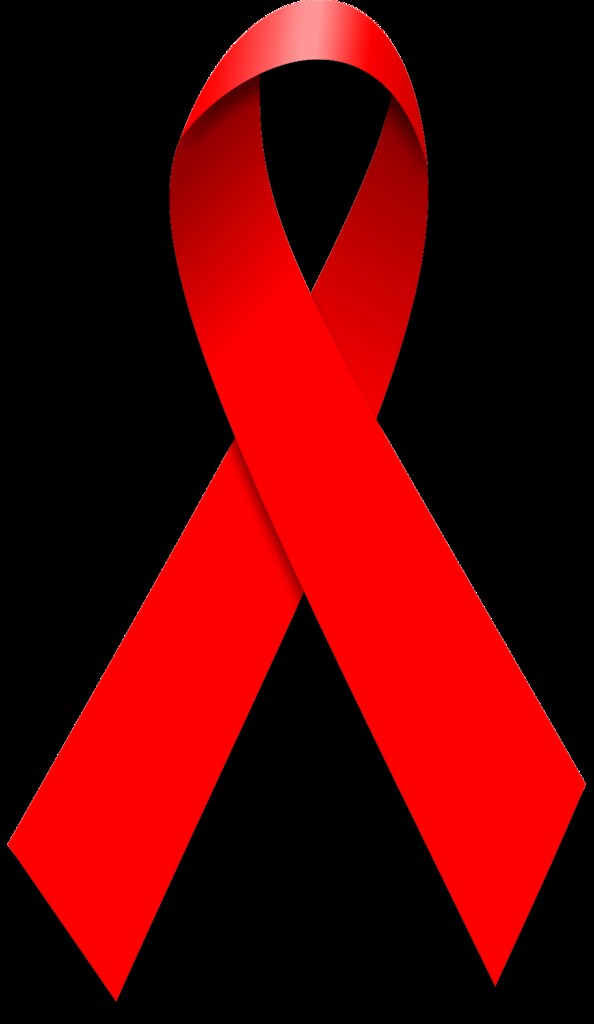Many of us are confused between HIV and AIDS. Some say they are alike, others stressed that they are not. Apparently, the latter is correct. Though HIV has something to do with AIDS, these two are actually not similar and are completely different.
HIV is a kind of virus that can develop into AIDS if failed to receive proper treatment. Therefore, it’s considered a mild disease before the chronic AIDS. HIV means human immunodeficiency virus. It weakens your immune system and interferes your body’s way of fighting bad microorganisms that causes severe diseases, like AIDS. HIV is a sexually transmitted disease or STD. But aside from sexual intercourse, the virus can be spread through infected blood contact or mother-to-child course during its pregnancy stage. As of this day, there are not treatments that kill HIV. However, there are treatments can slow down the progress into AIDS.

HIV can be acute or chronic. Acute HIV involves symptoms that are like of flu. Within weeks of carrying the virus, you will experience fever, headache, muscle and joint pain, skin patches or rashes, swollen neck (lymph glands) and severe mouth sores. If remain untreated, HIV becomes chronic. You will experience persistent swollen lymph nodes that might result in affecting healthy white cells. As the virus continues to replicate, the HIV infection will start attacking the immune cells. This is where your body becomes prone to infection which increases the progression into AIDS.
Acquired immunodeficiency syndrome or AIDS is a life-threatening disease. This condition takes place when HIV infection continues to spread in the body without proper treatment in about 10 years. There are different warning signs involving AIDS. Few of its severe symptoms include persistent fever, fatigue, soaking night sweats, unexplainable lesions in the mouth, weight loss and rashes or bumps.
Courtesy of antiviral treatments, there are lots of HIV cases that didn’t turn into AIDS. If you think you are infected with this virus, see a healthcare professional immediately. Early detection of the virus increases your chances of not having AIDS. But of course, nothing beats preventive techniques against HIV/AIDS. Using condom is the most basic tip in fighting the virus. Make sure to use new condom every intercourse. There are medicinal drugs also that can fight HIV/AIDS infection. Truvada is an example. If you’re pregnant and HIV-positive, see a medical expert straight away. There’s a chance that your unborn aby will get the infection.
Keeping one partner is another way of practicing safe sex and preventing HIV/AIDS. Doctors straight from the source proved that most patients who acquire this condition have multiple partners and are active both in anal and vaginal sex.
Sadly, HIV/AIDS is one of the most rampant medical conditions today. This explains why a lot of medical doctors and health advocates continue to raise awareness against this infection. Many people are still unaware regarding this condition. If you’re not a victim of HIV/AIDS, you can educate and protect yourself more by getting a vaccine against the virus. Vaccines are efficient in killing the virus that replicates into HIV or AIDS.